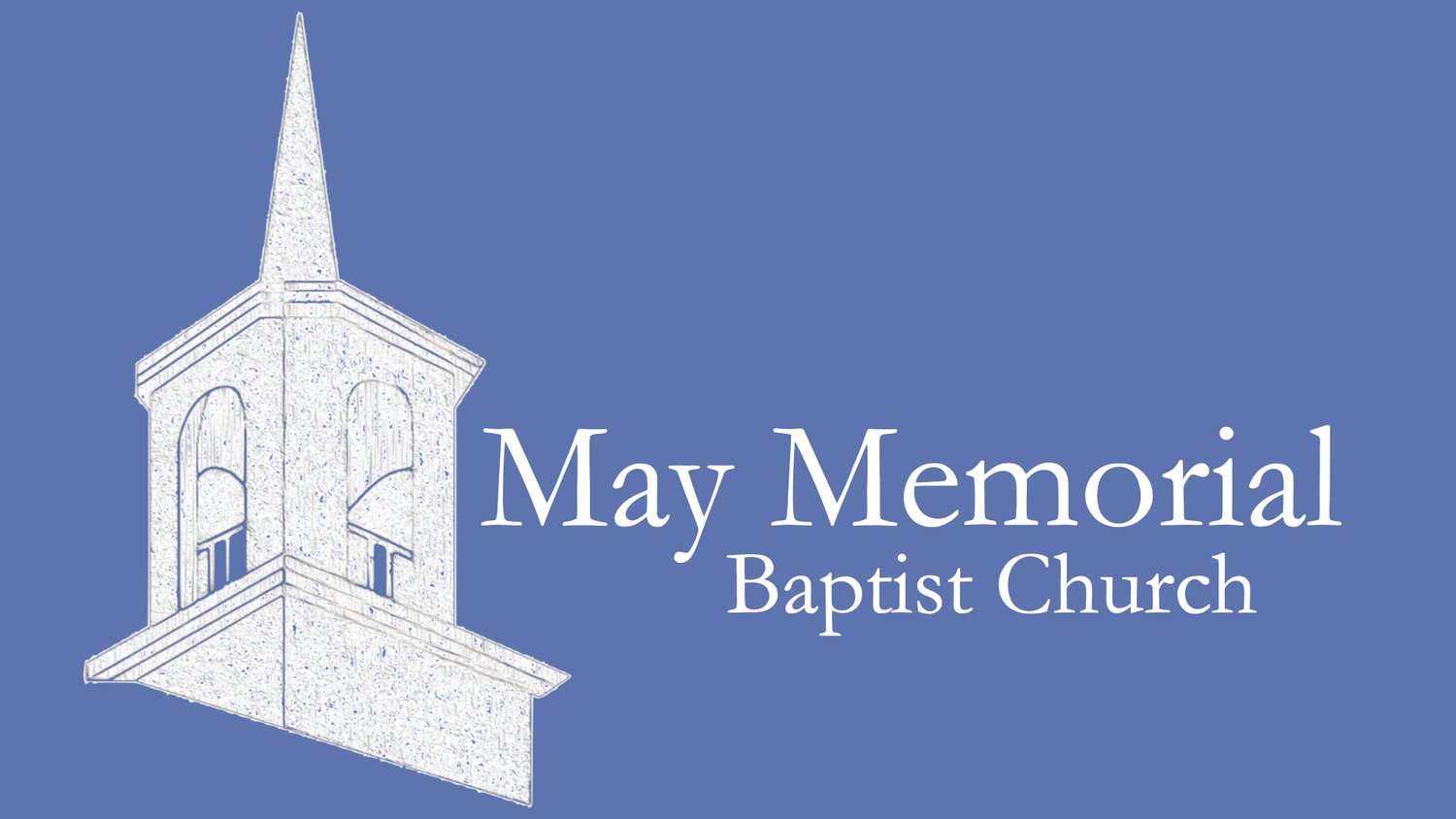There are not many times when a pastor gets to worship without leading worship. I know, I know, leading worship has worshiping “built in,” but there is a difference. When I preach I too, in a strange way, am also a hearer of the sermon; when I pray publicly during worship I am giving voice to my personal praise, confessions, and petition; when I read scripture I am also listening for God’s Word “for me today”; and certainly when I sing hymns I am offering my praise to God just as anyone else in the sanctuary. But all things considered, there is a difference. When a pastor leads worship there is always the thought of what is next, how to make a transition, how long to pause during silent prayers, how to read a text so the story is understandable, and how to have a reverent pace while not dragging the energy out of a time of worship. These things and more are always before a pastor when he or she is leading worship, and I enjoy taking part in all of these and trying to get them all “just right.”
But sometimes I like, I need, to simply worship. To be able to sing a hymn and not think about my prayer that comes at the end of it. To be able to help one of my children locate the scripture text in her Bible because I am sitting beside her. To think about a Bible story and be able to turn to read it during the children’s sermon. To let my mind wander, to miss something in the liturgy, to allow God to guide my thoughts to something that hasn’t been said out loud, to count the number of chandeliers in the sanctuary, to quietly protest what the preacher is saying, and to wrestle with the text for the day. I like to be able to pray about my personal prayer requests while the pastor is leading a prayer, to sing without people looking at me, and most of all I love to be served at the table as a follower of Jesus.
Sometimes I need to worship without leading worship, but those times are few in the life of a pastor. While these times are few, I do find opportunities throughout the year.
One of the ways I am able to worship without leading worship is the one week a year when my family and I attend a conference in the beautiful little village of Montreat. This coming Sunday we will go to Montreat, and it is the 22nd year Beverley and I are attending the Worship and Music Conference at Montreat. I don’t know what I would do without it. In addition to the many classes and seminars that are held throughout the day there is an eleven o’clock worship service each morning in which nearly 1,000 pastors, musicians, and church members assemble in a beautiful stone auditorium for excellent music, creative praise, and wonderful sermons. Each night there are different offerings: a hymn festival, an organ concert, a choral concert, and additional worship services. Over the years this week has became the highlight of my year.
When I first went to Montreat in 2000 it was not much of a place to me, it was just another little mountain community among many. It was much like that place that Jacob came upon in the middle of the night in Genesis when he was running for his life from Esau. But much like Jacob, I now look back and realize that “I didn’t even know it, but this is the house of God.” That is what the word Bethel means, house of God.
There is a hike my family and I take every year while at Montreat called Lookout Mountain. It takes us about 90 minutes and at the top is a rock outcropping from which you can see down to Montreat and out toward Asheville. It reminds me of the Biblical language used to describe that first Bethel in Genesis, a high place, set apart with stones. Jacob took one of those stones, anointed it with oil, and named it Bethel. I thank God for my “Bethels,” they are all over the place—at May Memorial each week, at Christ the King once or twice a month, and yearly at Montreat. What an amazing thing—these have truly turned out to be the house of God, and I didn’t even know it.

